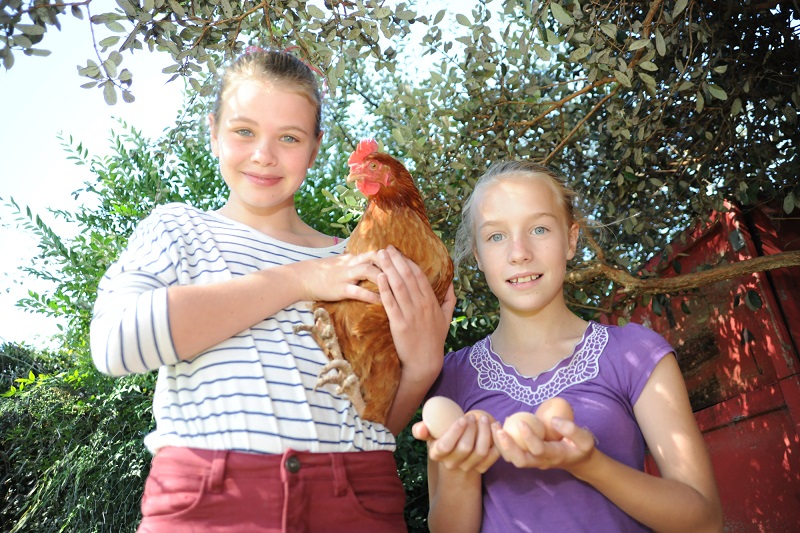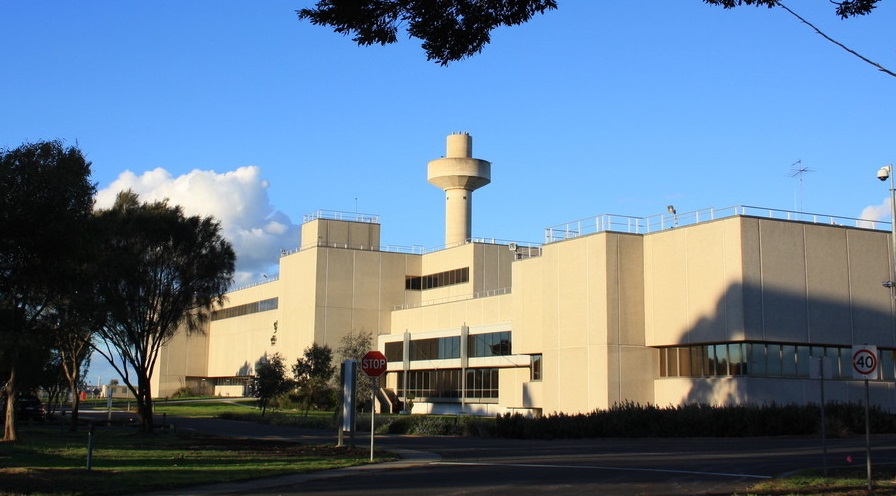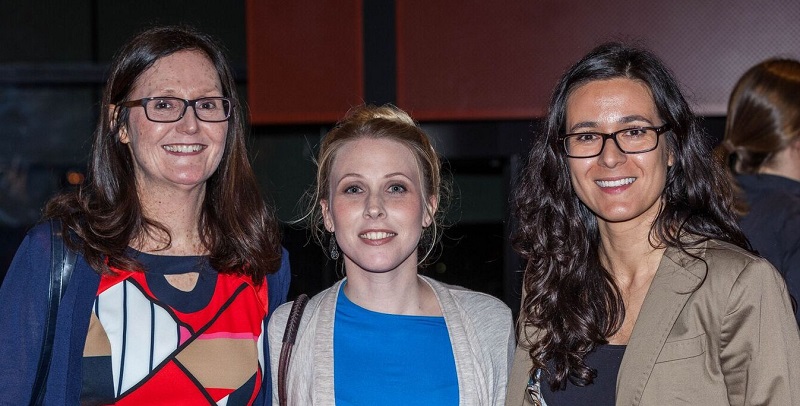Our animal experts have been training veterinary practitioners, animal health managers, diagnosticians and livestock industry representatives in biosecurity and emergency animal diseases.

When our pets are unwell, we turn to our local vet, but did you know that vets also work on the frontline of emergency disease detection? Our animal disease experts at the Australian Animal Health Laboratory (AAHL) have been busy training the people who work on the frontline of biosecurity, bringing them up to date with the latest information about emergency animal diseases that could devastate Australia’s livestock industry.
Each year, our staff at AAHL run the Emergency Animal Disease Symposium (EADS) to bring veterinary practitioners, animal health managers, diagnosticians and livestock industry representatives together to learn and refresh their training on disease identification.
This is good news for our farmers and good news for us because there is always a risk that an exotic animal disease could be introduced despite our strict quarantine procedures.
“Being able to recognise, rapidly diagnose and manage an Emergency Animal Disease lies at the heart of protecting the health of Australia’s primary industries and its people,” says Sam McCullough, Deputy Director of AAHL.
“It is crucial not only for our vet industry, but also for our livestock producers and industry advisers to have the knowledge and skills to monitor, recognise and report signs of emergency animal diseases early on.”
“And it is essential that our staff at AAHL are ready to respond rapidly to disease outbreaks of national impact,” says McCullough.

An exterior view of the building which is the Australian Animal Health Laboratory, a large rectangular concrete building.
Our Australian Animal Health Laboratory in Geelong is a national centre of excellence in disease diagnosis.
A particular focus of this year’s symposium was on bird diseases, one of which is avian influenza.
Although Australia has so far been fortunate to never have a reported outbreak of the deadly H7N9 bird flu (which devastated China’s chicken industry in 2013), you may be surprised to know that we have had 7 outbreaks of different strains of avian influenza, the most recent being in Young, NSW in 2013.
If you don’t remember hearing about it, it may be because it was quickly identified, reported to authorities and acted on to eradicate the disease and there was no opportunity for significant further spread.
This is a perfect example of why it is so important that the people at the frontline are well trained to detect and respond quickly.
It is also a perfect example of how our scientists at AAHL worked together with colleagues around the world to fine tune and validate a test to detect the H7N9 virus in Asian poultry. The diagnostic skills of our scientists at AAHL are key to Australia being ready to manage an emergency animal disease outbreak.
You could think of them as scientists at a forensic laboratory supporting a biosecurity crime scene investigation. They are ready to respond around the clock to examine the samples from potential exotic and emergency disease incidents, allowing such diseases to be ruled out or to ensure rapid implementation of control strategies.
The EAD Symposium is just one way that AAHL supports the broader biosecurity system in Australia and beyond, providing the vital information needed to keep those people on the frontline continually updated with knowledge and skills to recognise the signs of disease that could cripple our agricultural industries.

Three femail scientists attending the symposium
Attending the symposium, LtoR, Kim Halpin (AAHL), Heather McKimm (Charles Sturt University) and Marta Hernandez-Jover (Charles Sturt University)
“Our commitment to ongoing training strengthens our ability to protect Australia from outbreaks of known and unknown potential threats.” McCullough says.
The event was accredited by the Australian Veterinary Association (AVA) and attending vets received continuing education points, which are an essential component of professional development.
The Emergency Animal Diseases Symposium was hosted at the Australian Animal Health laboratory (AAHL) on the 26th and 27th October, 2016. The Symposium was supported by the University of Melbourne, Charles Sturt University and the Department of Agriculture and Water Resources.
You can read more about our work at the Australian Animal Health Laboratory here.

